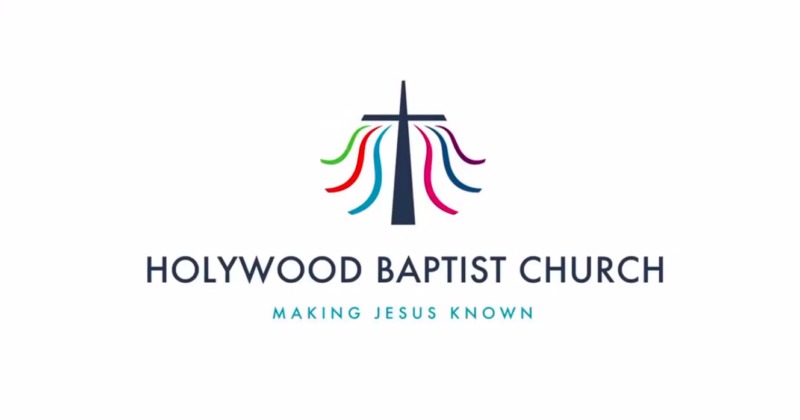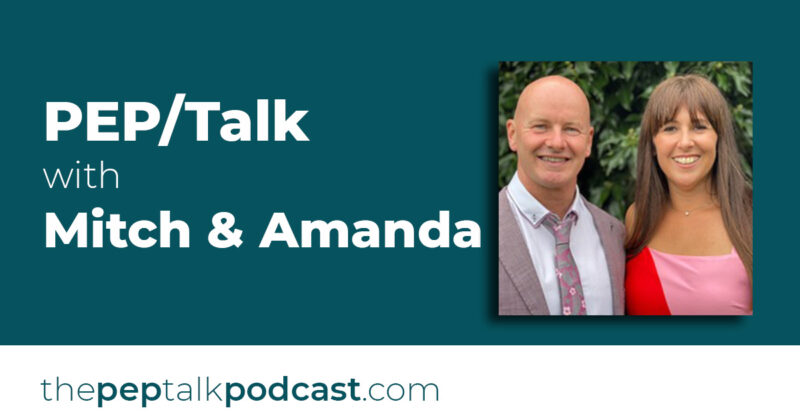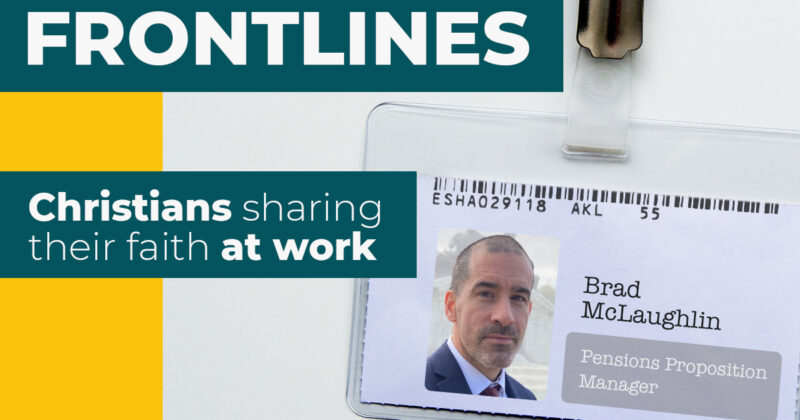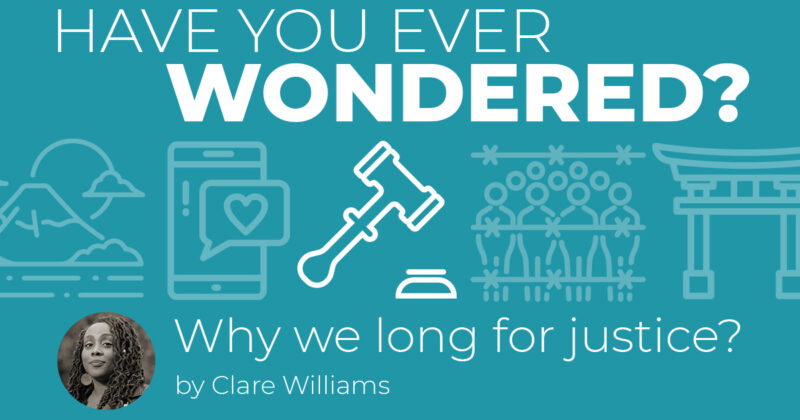Brad McLaughlin works in the financial sector, for Aviva, the insurance giant. He spoke to Solas’s Gavin Matthews about the Christian Network Group in the company and how they have been inspired to move beyond just enjoying good fellowship and out into mission in their workplace.
Solas: Tell us a little about your job? What are your roles and responsibilities?
BMcL: I am a pensions proposition manager with Aviva, looking after a number of products that are no longer actively marketed. I make sure that they’re still the right thing for our customers. We conduct regular reviews of the products which requires technical knowledge. There are compliance issues that we need to get involved with too, I engage with our outsourced partners to make sure that they’re looking after our products appropriately. Then there are reports that need to be written. The field is constantly changing, and we are managing priorities within limited budgets.
On top of that, I’m really enthusiastic about extracurricular activity within the office. When some proposal is made to improve office life, I am the first one to raise my hand. For example, I cycle to work so I took on the role of ‘bike users rep’, improving things for everyone who commutes by bike. Then there is our site forum where we discuss how we can improve our overall office working environment and I dive in on that sort of thing.
Like most companies, we have a diversity and inclusion policy, and structures in place to guard various ‘protected characteristics’. Within Aviva, we have multiple communities looking after each of these characteristics, one of these is called “Origins”, which makes up black and ethnic minorities, social mobility and faith groups. So I joined the steering group for the Origins community. Most people on that group are there representing an ethnic group, and I’m there representing Christian faith – which is interesting!
Solas: What’s the best part of your job?
BMcL: I really enjoy my job and going to the office and seeing everyone. I especially enjoy creating connections between people and ideas within the company. Sometimes huge progress can be made by connecting different people working on similar projects in different parts of the company. I also enjoy the technical side of my work, as well as any opportunities for public speaking and picking up the pieces of work that no-one else wants to do! It’s a hugely varied role, and a very fulfilling job. There’s a lot of freedom for me in the role, in the way that I approach getting the job done.
Solas: What are some of the challenges that you face at work – and how does your faith in Christ help you to navigate those?
BMcL:That is a big question! My faith has given me probably a greater stability in life, while there are always uncertainties to manage in work. If you work in any large organization for a long enough time, you will know that there are always changes to organizational design, change or restructure. So actually having something that’s foundational outside of work gives me a greater sense of both stability and purpose. My Christian faith also gives me a drive and desire to actually make this office a better place. If I’ve been given this gift – it’s incumbent on me to try to do what I can to make where I work a better place to be, to bring more love, more connection, more humility, more opportunities for faith, and more conversations.
Solas: Do people you work with know that you are a Christian? How do they react to that?
BMcL:We are in a very secular culture that doesn’t tend to acknowledge or allow much space for faith. The idea of having open discussions around faith doesn’t usually provoke hostility so much as make people feel uncomfortable and want to step back.
The first time I wanted to run The Alpha Course within the company two people complained and said that I shouldn’t be doing this. But what was amazing was that because I’ve been so involved in the Origins diversity and inclusion work, which crossed over a number of boundaries – I was defended by people who aren’t Christians. They said, “We know Brad and that his intentions are good, and that this is OK”.
One of the other interesting things has been that in setting up the Christian network in the company, I’ve discovered that there are a whole lot of Christians, who didn’t feel free to speak about their faith – or even to be known as a Christian in the workplace. I’m probably one of the extreme outliers in terms of how comfortable I am speaking about my faith. For many people there’s a deep worry that if they open about what they believe, they’ll be shunned and told, “You hold thoughts that are no longer acceptable in modern society.” But we’re trying to help develop a culture in which there is a genuine diversity of people and ideas, where we can have real discussion – and people with conflicting ideas can come together and really talk about them in a good way.
Solas: Have you ever had opportunities to share your faith with people you know through work? What things have helped you to have good conversations about faith? Did you deliberately set about to have these conversations, or did they occur naturally?
BMcL:I am part of the Christian network at work. We’d always been meeting together to pray and have fellowship and it was great! Then we had somebody from TransformWorkUK speak to us. We were challenged to do more than just meet together, with a feeling that God has a bigger purpose for our group. We were a bit stuck in one place so decided to do something more and planned to run Alpha at work.
So I got permission, put up the posters and we ran Alpha! We booked a room, organised the food and got about 30 people for the first session. We were six sessions into it when lockdown happened, so we had to complete the course using Teams, the company intranet system (like Zoom). That was interesting, because when we advertised it there, we got interest from people in other offices within the company. I work in the Bristol office – but I received messages from several other sites saying, “Wow, I didn’t realize that there was a Christian network here!” and they joined in too. And quite a few of those people were Christians already and were amazed that there was a Christian presence at work. Others came, not sure what they believed or why – and some left Alpha saying that they had definite Christian faith.
In the Origins inclusion group, I’ve also helped people of other faiths set up their groups too – which has been interesting. I have friends across many faith groups and those who are atheists too – but helping to set these up, in a non-discriminatory manner has actually opened the door for Alpha to run here. I’ve been able to say that our company is a good place for people of faith to work in; and that if anyone wants to explore the basics of Christianity they can come to Alpha. At interfaith week last year one of our senior executives gave a speech in which he spoke of his own curiosity about faith – but that he still didn’t know what he believed. That was very helpful, because it almost gave ‘permission’ to the wider company that it was OK to have conversations about faith and values, and those of us who are Christians have something we want to contribute to those discussions obviously! That created a lot of opportunities for me to talk about my faith in Jesus.
Then World Religion Day was marked in January and we used it to engage with people who believe differently to us, including the atheist network. When I set up the first Alpha course at work I approached the head of the ‘Atheist Network’ directly and asked him to come along and we’re good friends now. After Alpha he said he still didn’t believe but he had a much better understanding of what Christians believe and that it was a lot more nuanced than he had realised. He has spoken positively about Alpha – and that has made it easier for other sceptics to come along.
Solas: How do people react when you talk about your faith in Jesus? Interested? Angry? Apathetic? Do they ever raise objections…. What were they and how did you respond?
BMcL: It’s fairly easy to have a conversation with my atheist colleagues because actually there is already an engagement with the issues with them. On our “Yammer” (internal work place networks) groups anybody can post and you create questions. I have a Muslim colleague and there were some occasions where he used those groups to try and convert Christians – and persuade us that we are wrong! But when he posted his questions asking Christians for answers and evidence – that created an opportunity to share my faith that is not me rudely pushing my agenda but responding to other people’s questions. He’s asked about why we have so many Bible translations, and things like that.
The main thing that I think that I’m fighting against is apathy and indifference and trying to find ways to help people think about what is outside themselves. One thing that helped with this was a photography competition we hosted around the theme of ‘awe and wonder’. We ran the competition online, people shared their images and stories, and inevitably conversations began.
Solas: Why do you want to talk to colleagues and friends about Jesus?
BMcL: Firstly I desperately want other Christians to not feel alone. I’ve had many different people email me saying, “I thought I was the only Christian here, I didn’t know there were any others!”. So talking openly about Jesus at work has been massively helpful.
But Christians finding each other is just the start, because I believe fully that Jesus is the truth. I’ve got what I would call classical liberal views about freedom of speech, and I think in the in the war of ideas we should “throw all the ideas in there and the true ones will win!”. So I don’t care how many other ideas you put in there; truth will triumph in the end! But that only works if there is real discussion and the truth is given an opportunity to shine.
Solas: What advice would you give a young Christian entering your field of work who wants to be faithful to Christ there?
BMcL: God will position you where you are needed. I’ve found myself in a position of far more influence than my grade in the company hierarchy would necessarily dictate. And I think that’s an encouraging thing for people to be able to reflect on. Being perhaps at an entry grade doesn’t preclude you from being able to take on greater responsibility from a Christian perspective and have a significant influence in the workplace.
So I am significantly bolder and more open than I’ve ever been in in my life in terms of being open about my Christian faith.
I would say really clearly be upfront about who you are right at the beginning. I often introduce myself by saying that I’m responsible for the faith network in the company, and that I am a Christian who loves discussion. I will often say to people, “What’s your faith background?” For many people in Britain that may be a weird question – but it gets really interesting responses. Because it’s an opportunity to say I want to understand you as a person.
I would say yeah, be really open up front and be willing to be far bolder than you may naturally comfortable with because actually the British are so polite you can get away far more than you think you can ?. I’m sure I abused the fact that I’m Canadian, and that people assume that I don’t know what’s considered polite here or not! But there are huge opportunities out there. I see some of the other communities and I think they’ve been 100 times bolder with an even smaller population than Christians have been. The Pride Network, has massively more influence than their numbers would suggest they might have. I respect the way that with a small but really committed group of people who are willing to be very open and upfront about who they are, they have gained a lot of influence. There’s nothing to stop a group of very committed Christians from doing the exact same thing, in a really very positive way.
So that would be my advice: be upfront, and open. Actually the other thing is don’t just do your job. Do more than your job. I wasn’t into running, but I helped set up the work running club as a way of connecting with people. Which leaves me horrified by how out of shape I am when it comes to running, but it also leads to connections with people, friendships and conversations about all of life – including my faith. Find those opportunities that are beyond just your job.
Solas: Thanks Brad, that has been a really useful and inspiring conversation – thanks so much for your time!
BMcL: No Problem – it’s been good speaking with you.

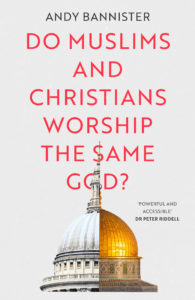 The lecture Andy gave today was a condensed version of chapter 4 of his book, Do Muslims and Christians Worship the Same God? (IVP, 2021). If you found today helpful, do check it out:
The lecture Andy gave today was a condensed version of chapter 4 of his book, Do Muslims and Christians Worship the Same God? (IVP, 2021). If you found today helpful, do check it out: